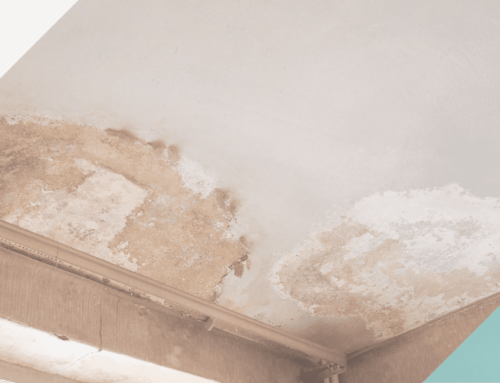The Section 21 notice, also known as a ‘no fault’ notice, has long been an essential tool for landlords seeking to recover possession of their property. While the Renters (Reform) Bill aims to replace Section 21 notices in the near future, it is essential for landlords to understand the correct procedure for serving such notices until the new bill takes effect.
Documentation
One common error leading to invalid Section 21 notices occurs at the beginning of the tenancy. The Deregulation Act 2015 introduced requirements that tenants must be served with certain documents, including gas safety certificates, Energy Performance Certificates (EPCs), and the government’s up-to-date How to Rent Guide. These documents should be served correctly and proof of service should be retained. Failure to serve the necessary documents when the tenancy first started might mean that the only way to regain possession would depend on whether the tenant has breached the conditions of the tenancy agreement.
Additionally, a valid Section 21 notice cannot be issued if the tenant’s deposit is not protected in a government-approved scheme or if it was protected late. Landlords must ensure compliance with tenancy deposit protection rules, return any overcharged fees or deposit amounts, and provide the tenant with the necessary written information about the deposit scheme.
Licensing Requirements
Certain properties, such as houses in multiple occupation (HMOs), or properties located in areas where all private landlords require a license, necessitate licensing. A landlord without the required license or temporary exemption cannot serve a valid Section 21 notice. Landlords should consult their local council to determine if their property requires a license.
Service of the Notice
When serving the Section 21 notice, landlords must use the prescribed form, known as Form 6a, which can be obtained from the government‘s website. It is essential to complete the form accurately and provide adequate notice (a minimum of 2 months or longer if required by a break clause).
Using the most up-to-date version of the form is crucial. The notice form is updated annually, and even minor discrepancies between versions can render the notice invalid.
Delivery
If the agreement does not clearly outline the process for serving notices, sending the notice via first-class post will not necessarily be sufficient. In such cases, personal service becomes necessary.
To ensure evidence of delivery, landlords may consider using a delivery method that requires the tenant’s signature, keeping proof of delivery for their records. As an alternative, in case the tenants refuse to sign, hand delivery through the letterbox is often recommended.
Other Factors to Consider
It is important for landlords to take into account any modifications that have taken place during the tenancy, such as tenant assignments or changes in the number of occupants. They should ensure that the pre-tenancy documentation, including deposit protection, accurately reflects the current situation.
Retaliatory Evictions
If the tenant has communicated with the landlord in writing about repairs or poor conditions and the council subsequently issues an improvement or emergency works notice, the Section 21 notice may be invalid. However, a hazard awareness notice from the council does not invalidate the section 21 notice.
Serving a Section 21 notice correctly is essential for landlords seeking to recover possession of their property. By ensuring compliance with pre-tenancy documentation requirements, using the prescribed form accurately, adhering to delivery methods specified in the tenancy agreement, and considering any changes during the tenancy, landlords can increase the likelihood of serving a valid notice. At Attwells Solicitors, we understand the complexities of serving a Section 21 Notice, and our experienced solicitors can guide you through the process, providing clarity and protection at every step.
If you would like further information or advice on the above, please contact Will Oakes in the Litigation team at 01206 239764 or email will.oakes@attwells.com.





